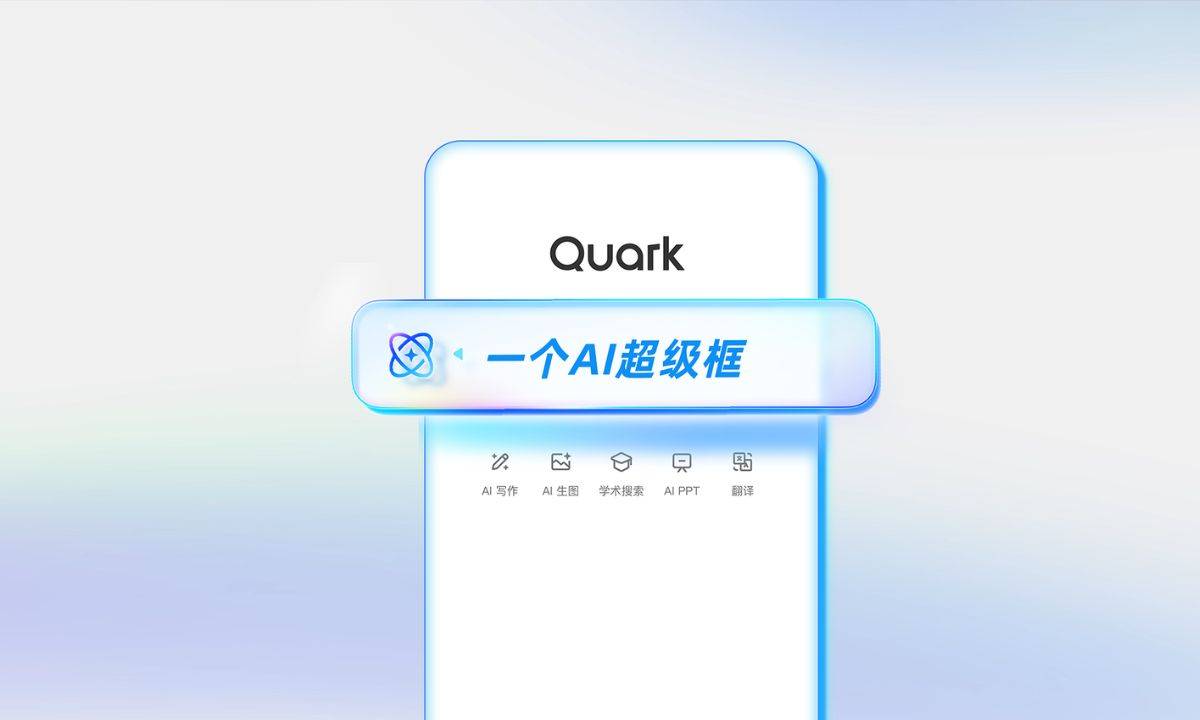
Tech and Internet companies have been racing to develop the future car: self-driving and Internet-connected automobiles, but Alibaba Group—itself partnered with Chinese automaker SAIC on a connected-car project—is betting that smarter rides aren’t the only way that drivers can get mileage out of digital technology.
Ahead of the Auto Shanghai 2015 auto show taking place April 22-29, the e-commerce giant has been showcasing a host of Internet-based services to make cars easier to buy, own and (for automakers) sell. These services—some existing, some under development—range from online financing and insurance, to online booking of oil changes and other maintenance, to used-car sales, among others.
Alibaba recently established an automotive division to better target e-commerce opportunities in the industry. The company considers China’s RMB 4 trillion ($644 billion) car market ripe for Internet-enabled innovation. Once skeptical manufacturers and dealerships have come around and are flocking to the Web as a means to engage with and serve a vast customer base, said Wang Licheng, head of Alibaba’s new auto division.
“Unlike merchants’ unfamiliarity and resistance (in the past), many auto brands have changed their minds and are ready to embrace e-commerce this year,” Wang said. “Luxury auto brands like BMW and Jaguar Land Rover have joined our platform. We have seen great changes in the industry this year.” Alibaba plans to hold an all-day forum on Car-related Internet technology on April 22, the opening day of the Shanghai auto show, one of the world’s premier car shows.
China’s online auto market has become more crowded since Chinese carmaker Geely Automobile Holdings launched the first flagship e-dealership on Alibaba’s Tmall.com shopping website in 2010. During the Shanghai auto show, Tmall will highlight more than 140 car models on its auto mall, including 30 slated to debut during the show.
Currently, Alibaba Group has partnerships with nearly 50 car brands and 10,000 car dealerships in China. Ford and Jaguar Land Rover opened flagship Tmall stores within the past month. On April 17, Alibaba announced a partnership with Shanghai General Motors (GM) to offer online sales and financing for GM cars. While Shanghai GM’s Buick, Cadillac and Chevrolet brands are already selling on TMall, the partnership calls for greater collaboration by using Alibaba’s big data analysis to improve targeted online advertising. In addition, the companies say they intend to implement online services so customers can book service appointments and buy parts via the Web.
Online marketplaces like Tmall have become increasingly effective for marketing cars, providing a direct sales channel to large numbers of customers, drawing them to physical dealerships for test drives and interacting with them following purchases. More than 50,000 cars were sold on Tmall in just one day during last year’s 11.11 Shopping Festival, according to Alibaba.
Wang said Alibaba’s auto business division was formed to better integrate and optimize various automotive solutions and services offered on the Tmall and Taobao Marketplace websites, group-buying site Juhuasuan and online marketing-services subsidiary Alimama.
The division is also developing new auto-related solutions by working with other Alibaba businesses such as cloud-computing and big data subsidiary Aliyun, and mapping and location-based services company Autonavi.
For example, the division is working with Aliyun on advances such as car marketing services enhanced by big data analysis. Alibaba’s auto unit says it has access to data on some 60 million car owners.
Also in the works is a mobile app called “Car Owner+” that will help dealerships and other merchants provide individual services to customers. Among other features, the app will allow drivers to use their mobile phones to book car maintenance appointments through Autonavi’s location-based functions, and find other products and services available nearby for a driver’s particular model by entering a license number.
“We’re going to integrate resources within the Alibaba ecosystem and team up with industry partners and offline outlets to offer customers personalized services,” Wang said.




